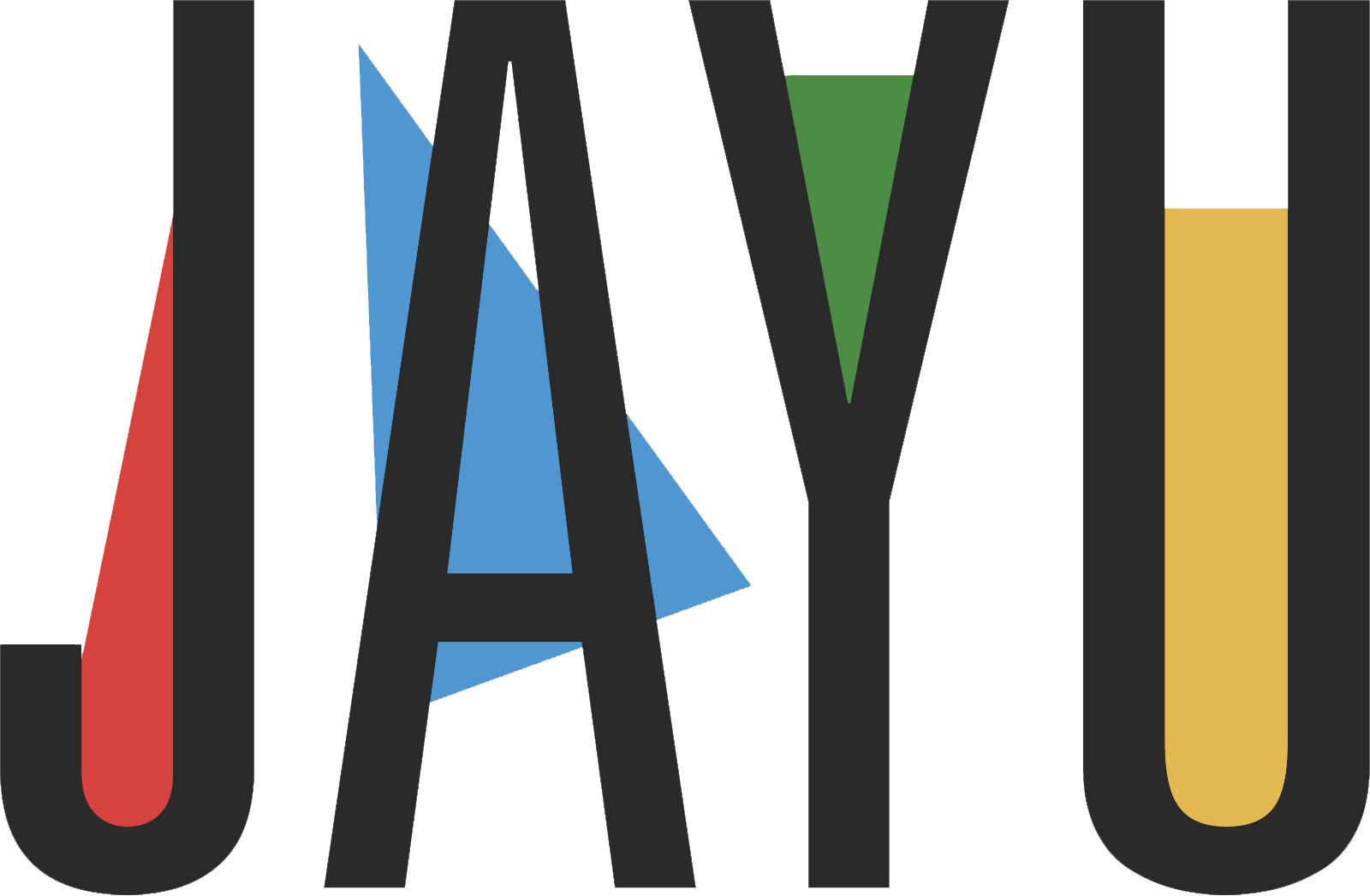A Helping Glove: Human Rights in PPE Production
As we approach the anniversary of the shutdown of the University of Guelph last March, we are reminded of the first effects of the COVID-19 pandemic here in Canada. Since then, our lives have been filled with utter chaos and unexpected changes, the only semblance of control being our ability to protect ourselves from the virus itself through isolation, personal protective equipment (PPE), masks, and gloves. Though we may be granted the right to protect ourselves from the virus, those producing our defences have not been allowed the same rights.
The PPE production lines, such as those in Malaysian factories, are full of busy migrant workers in tight spaces, packing box upon box of PPE that they won’t be provided. Instead, the product is destined for the international markets of Canada and other powerhouse countries. Whilst we reap the benefits of their work, the COVID-19 protocols in place at the factories are severely lacking. The enforcement of sanitizing, physical distancing, and mask-wearing hold no importance to those in charge. Imagine the indignancy one would feel working in such a place and being unable to quit. Many of the workers are in debt and desperately need to pay off their loans to the recruitment agencies they used to get the job in the first place. The job is also not only degrading them as human beings, but it is a killer: The New York Times reports that at one of Top Glove’s facilities, 5,700 of 11,215 employees are positive for the coronavirus. This Ministry of Health has declared these factories as the largest COVID-19 hotspot in Malaysia.
Canada is undoubtedly complicit in the support of these abhorrent sweatshop-like workplaces and the unethically sourced products they create. To quote Andy Hall, an international migrant worker rights specialist based in Southeast Asia, "we can say without a doubt that the [glove] industry remains a hotbed of systemic forced labour and modern slavery." Canadian companies have millions invested into PPE contracts with Malaysia’s federal government despite our import laws that ban the entry of goods produced by forced labour. When the Canadian Broadcasting Corporation’s Marketplace interviewed 23 migrant workers about the disposable glove industry in Malaysia, they were retold countless horrific stories of debt bondage, deceptive recruiting practices, passport retention, excessive overtime, abusive workplaces, and deplorable living conditions. According to the Business and Human Rights Resource Centre of England, in Malaysia’s Top Glove factories, migrant workers are paid a measly £1.08 an hour for their 12-hour shifts that occur 6 days a week. They are also clocking over 100 hours of overtime while the company takes illegal deductions from workers’ salaries. All of this happened while the company reported a 366% increase in their quarterly profits.
Human rights abuse isn’t exclusive to glove producers; the rest of the PPE industry is just as repugnant. Medical gowns are being made in North Korea through forced labour and masks are being made by the Uyghurs in a Chinese labour transfer program. Though any ethical person wants to say Canada should ban the importation of PPE and gloves from abusive factories, they are critical supplies for our health-care professionals who need a large number of medical products immediately. The unfortunate reality is that, according to the World Health Organization, Malaysian glove factories have become exempt because the “chronic global shortage of personal protective gear is among the most urgent threats to virus containment efforts.” The current worldwide priority is to stop the virus, even at the cost of human rights. Since Malaysia is responsible for producing 70% of the world’s supply of rubber gloves, they are imperative to our defence against the virus.
There may have been legislative changes here in Canada, but the effects are minimal. We should be inspired by countries like France that have passed laws requiring companies to be transparent about human rights abuses and requires them to face civil liability. Canada has tried to help workers by employing the Modern Slavery Act. Introduced to the Senate in 2020, it requires companies that trade internationally to perform supply chain audits to determine if labour issues are present and, if so, make them face penalties. Unfortunately, it is still only in its second reading. Since July 1, 2020, another Canadian effort made as part of the ratification of the Canada-United States-Mexico Agreement was the Customs Tariff Act. The act was amended to prohibit the importation of goods produced by forced labour. However, much work still needs to be done, as even after the implementation of this act, thirty shipments from Top Glove were received by Canada. Despite all of the challenges, our country’s actions are deplorable, and we cannot continue to encourage and employ these companies.
